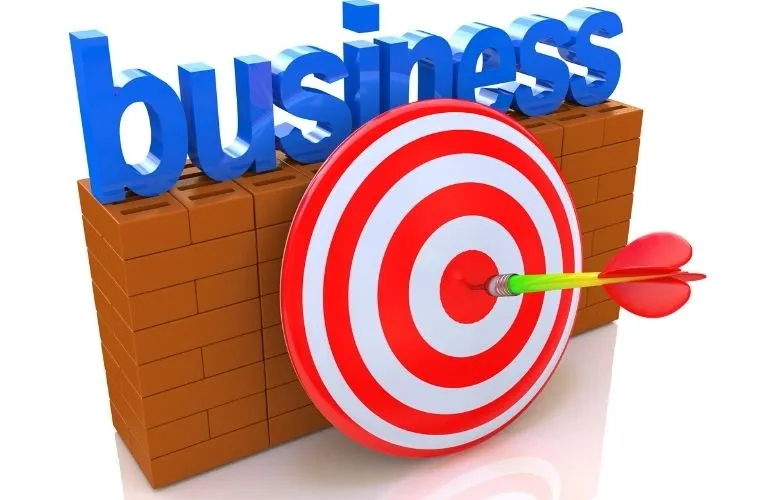Startup vs. Small Business: Which One Is for You?

When entrepreneurs launch a business, they may have different perspectives on startup and small business. With the growth of new business trends, it’s not surprising that the word startup has become unified in the business community; however, they both are different in many ways. If you already work in the tech industry, you probably have an idea about startup vs. small business.
Small and Start-up businesses may grow together, but they differ in many ways. While both types of businesses have many things in common, there are some key differences everyone should consider. Let’s have a look at both terms and the significant difference between them.
What is a Small Business?

A small business is a privately owned company, whether it’s a partnership, sole proprietorship or corporation. The U.S. small business administration has formulated small businesses according to the specific and standard-based industries. Small businesses can have more than 1500 employees depending upon the size of the industry. The venture needs to be independently operated for profit purposes.
When we talk about startup and small business, small businesses tend to make personal relationships with customers and to sell things within the local marketplace. With the help of small businesses, one can implement a quality management system; however, there may be some different challenges such as small businesses having fewer resources.
What is a Startup Company?

Startup companies are the businesses that work on a fresh idea. The dream of startup founders is to give society something that has not been created yet. Different people define startup in several ways while comparing startup vs. business, but the main purpose of a startup is to create entirely different categories of goods or services as compared to a typical small business. Many startups have unique place in their respective marketplace. The companies like Peloton, WeWork, and Beyond Meat are also considered as startups.
What is the Difference between Startup vs. Small Business?
Let’s have a look at the key differences between startups and small business.
Business Goals

When we talk about startup vs. small business, the most significant difference between them is a business goal. The growth intent of a startup is its objective and scaling goal. The founders of startups look for ways to disrupt the market with their impactful business models. On the other hand, for small business owners, scaling is not so important. They are just concerned with a stable profit each month.
Funding

Another basic difference between startup vs. small business is the funding. Normally, it is difficult for both small businesses and startup businesses to find funding; however, startups face more difficulties to find funding because they work on fresh ideas that are not profitable yet. The startups look for venture capitalists or investors who are willing to pay a large amount in exchange for a small equity of a company. Taking a loan for a startup company is another funding model but the startups may have to bear the heavy interest while returning loans, so some entrepreneurs prefer giving equity in early days.
Growth Objectives

One other difference between a startup and small business is their goals for growth. Startup founders look for ways to create a significant impact on the market with unique ideas. It means that their aim is not to maintain a small business forever but to scale it regularly. In contrast to this, a small business is a business with a legal structure that is operated and owned independently. Based on this description, the growth goals for startup vs. business are very different.
Risk Levels

Whenever you launch a new company, there is always risk involved in it. When it comes to startup vs. business, there is more risk factors associated with startups. You should go through proper research by testing your services or products as an entrepreneur. If you don’t succeed, you have to lose a lot of money plus time because you are taking a massive risk on a new idea. On the other hand, small businesses have the advantage of launching a small business in an established marketplace. Thus, the risks for small businesses are much lower than startup businesses because they are much more manageable.
Which One Do You Need: A Small Business or Startup?
Being in the phase of business planning, it’s important to think about what kind of entrepreneur you are; ambitious or practical. Make sure to have a clear goal before opting a small business or startup. It is the best step to plan your growth and high-end goals for definitive success. You should go for a small or startup business depending upon your preference. If you want an expert guidance based on your mindset and ideas, you can send us a free consultation request to get an insight into both terms.
Conclusion
When we think about startup vs. small business, we come to know that both terms are distinct from each other. In addition to this, these terms are much more significant for entrepreneurs. If you are planning to start your small business or interested in establishing a startup company, you should just be prepared to set goals and create plans for your future business. This ability will permit you to interlink the success possibilities and the best business plan to achieve your goals. Always take help of a professional brokerage firm before opting from startup vs. small business.
